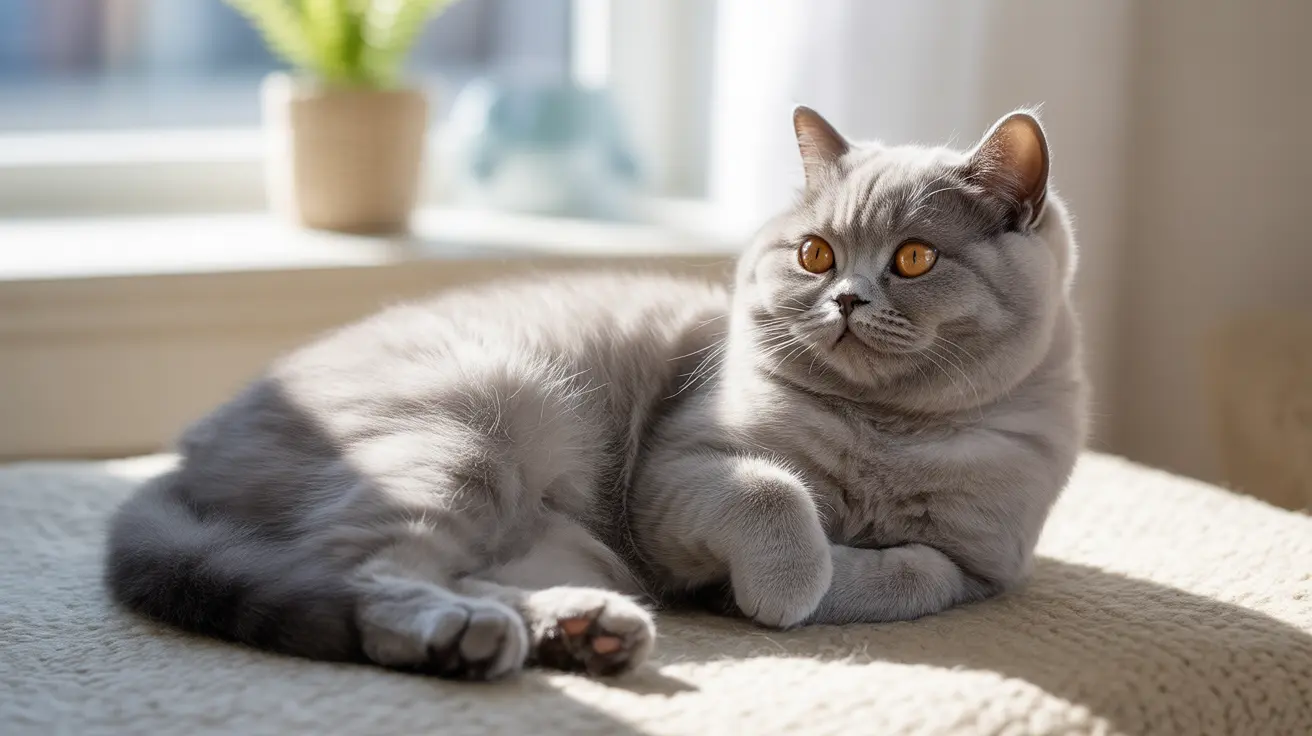If you've ever wondered why your cat seems to spend most of their day snoozing, you're not alone. Cats are notorious for their lengthy sleep sessions, typically sleeping between 12 to 16 hours daily. This extensive sleep schedule isn't laziness—it's a complex behavior deeply rooted in their evolutionary biology and survival instincts.
As natural predators with a unique evolutionary history, cats have developed sleep patterns that perfectly align with their hunting nature and energy conservation needs. Understanding why cats sleep so much can help pet owners better care for their feline friends and recognize when sleep patterns might indicate health concerns.
The Evolutionary Purpose Behind Feline Sleep Patterns
Cats' sleeping habits are directly inherited from their wild ancestors. As predators, cats are built for short, intense bursts of hunting activity followed by long periods of rest. This sleep-hunt-sleep cycle helped wild cats conserve energy for when they needed it most—catching prey.
Even though our domestic cats don't need to hunt for survival, their bodies and instincts still follow this ancient pattern. Their high-protein diet and predatory nature require significant energy, making sleep essential for physical recovery and energy conservation.
Understanding Your Cat's Sleep Cycles
Unlike humans who sleep in one long stretch, cats engage in polyphasic sleep—multiple shorter sleep sessions throughout the day. These cat naps typically last about 78 minutes, with cats shifting between light and deep sleep states.
During light sleep, cats remain semi-alert, with their ears and whiskers still actively monitoring their environment. This adaptation allowed their ancestors to stay safe from predators while resting. Deep sleep periods are shorter but crucial for physical recovery and mental health.
Age and Health Factors Affecting Cat Sleep
The amount of sleep a cat needs varies significantly with age. Kittens and senior cats often sleep up to 20 hours per day, though for different reasons. Kittens need extra sleep to support their rapid growth and development, while senior cats may sleep more due to decreased energy levels and various age-related factors.
Health conditions can also impact a cat's sleep patterns. A sudden increase in sleep duration, especially when accompanied by other behavioral changes, might indicate underlying health issues that require veterinary attention.
Creating an Optimal Sleep Environment
While cats naturally sleep a lot, their environment can influence the quality of their rest. Providing comfortable sleeping spots at various heights and temperatures allows cats to choose the perfect resting place based on their current needs.
Environmental enrichment through toys, climbing structures, and interactive play sessions helps ensure cats get enough physical and mental stimulation when awake, leading to better quality sleep during rest periods.
Frequently Asked Questions
Why do cats sleep so much during the day and stay active at dawn and dusk?
Cats are crepuscular animals, meaning they're naturally most active during twilight hours. This evolutionary adaptation allowed their ancestors to hunt when visibility was optimal while avoiding larger predators. Their daytime sleep helps conserve energy for these peak activity periods.
How does a cat's evolutionary history influence its long sleeping hours?
Wild cats needed to hunt prey using short, intense bursts of energy. The long sleep periods helped conserve energy for these crucial hunting moments. Modern house cats retain this evolutionary trait despite not needing to hunt for survival.
Is it normal for kittens and older cats to sleep more than adult cats?
Yes, it's completely normal. Kittens sleep more to support their rapid growth and development, while senior cats often sleep more due to naturally decreased energy levels and potential age-related health conditions.
What are the signs that my cat is sleeping too much due to boredom or health problems?
Watch for sudden changes in sleep patterns, lethargy when awake, decreased interest in play, changes in appetite, or difficulty moving. These signs, especially when combined with excessive sleep, warrant a veterinary check-up.
How can I help my cat stay mentally and physically stimulated to prevent excessive sleeping?
Provide interactive toys, climbing structures, scratching posts, and regular play sessions. Create engaging environments with window perches and cat trees. Establish routine play times to keep your cat active and mentally stimulated during their wake periods.
Understanding why cats sleep so much helps us better care for our feline companions. While their extensive sleep schedule is perfectly normal, staying attuned to changes in their rest patterns ensures we can maintain their health and happiness throughout their lives.






